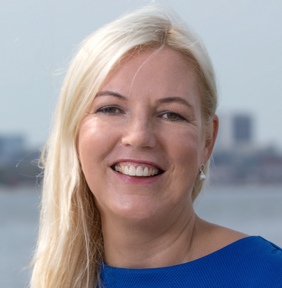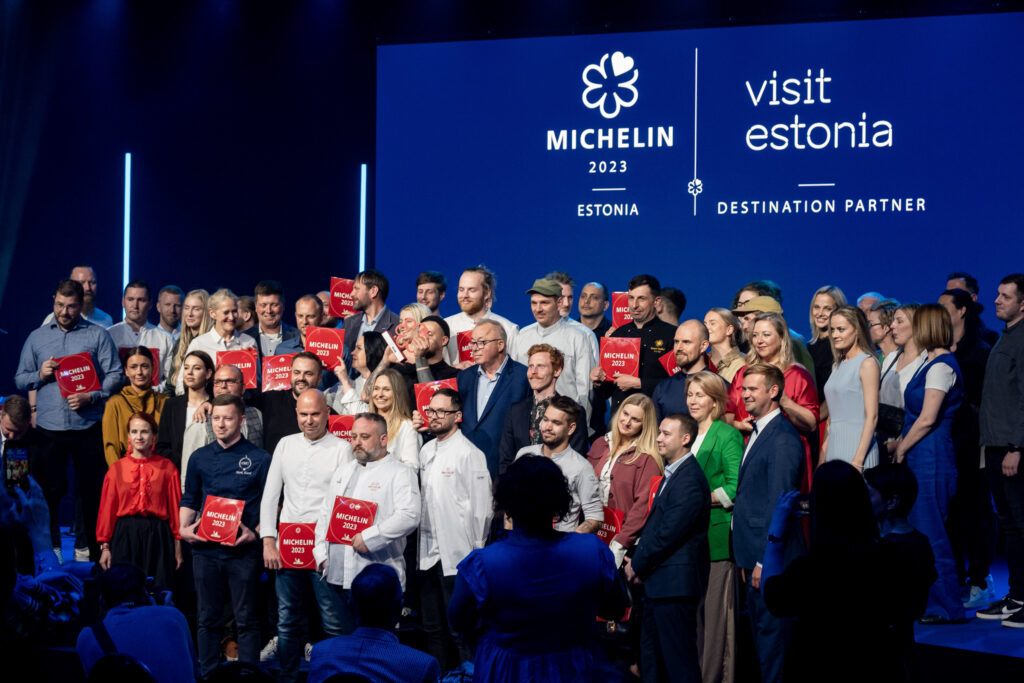Estonian Academy of Sciences to serve as host for the International Science Council next year
Next year, the Estonian Academy of Sciences will become the host organisation for the European section of the International Science Council (ISC).
Election of Estonia as the host of the European ISC is a great recognition of the quality and visibility of our science, organisation of research and scientific consultancy throughout the continent. Working in this position provides a unique opportunity to increase Estonia’s weight in the international arena and inject more wisdom into European policymaking.
Being the host organisation provides an opportunity to receive, through an academic quality control filter, early information about the opportunities, threats and risks that could potentially affect Estonia, but also to inform Estonian policymakers in order to prevent possible problems even before they occur. The role of the host organisation is a good opportunity to keep topics important to Estonia and other smaller partners on the agenda and to convey the necessary messages through sister academies. Being the host also provides an opportunity to mediate information about Estonian researchers and their daily work.
The term of office for the host organisation is three years, i.e., 2022–2024.
According to the President of the Academy of Sciences, Tarmo Soomere, this is a logical continuation of the contribution of the members of the Academy to the development of the scientific ecosystem of Europe as a whole. Only those who have clearly demonstrated the ability to organise and improve the world will be invited to take on such roles. In his opinion, the basis for an invitation is formed by such achievements like the work of Academician Jüri Engelbrecht as the President of the European Federation of Academies of Sciences ALLEA in 2006–2011, and the work of Academician Mart Saarma as the Vice-President of the European Research Council (ERC) in 2013–2016.
The European ISC was established ten years ago and is made up of the European members of ICSU, the global association of academies of sciences and leading scientific societies. For the first five years (2011–2015), the work of the network was led by the Council of Finnish Academies. Since 2016, the host organisation has been the Swiss Academy of Sciences.
The ISC is made up of more than 200 research organisations active in the field of natural sciences, social sciences and the humanities. One of its key areas of work is the introduction and development of a science-based world view. From each country, the Council involves a maximum of one academy of sciences or research council and one academy of social sciences and/or humanities. In addition to the classic academies of sciences, the Council also comprises national research agencies, leading global research societies, regional research associations, and foundations supporting or organising research from all around the world. The ISC’s European section has 49 institutions.
The European ISC Secretariat in Estonia will work in close contact with the Ministry of Foreign Affairs.
The main tasks of the Secretariat are:
- to coordinate the activities and events of the European ISC;
- to identify the topics and tasks in the field of work of the academies of sciences that need more detailed analysis, and to organise their analysis;
- to support the movement of information between the ISC Secretariat and local contact organisations;
- to ensure that the priorities of European researchers are represented in the strategic planning of ISC;
- to promote the participation of European researchers in ISC’s global activities and programmes.
At the annual meeting of the European ISC in June, Professor Anna Mauranen, President of the Finnish Academy of Science and Letters, and Professor Geoffrey Boulton, a member of the Council of the Royal Society of London, were elected to the Management Group for a second three-year term. Professor Jūras Banys, President of the Lithuanian Academy of Sciences, Professor Giselinde Kuipers, Member of the Royal Netherlands Academy of Arts and Sciences, and Professor Mario Malinconico, Research Director of the Italian Research Agency, were elected to the Management Group for the first time.
ISC’s strategic goals for the coming years are:
- promoting cross-border research in the key areas of global challenges;
- increasing the scope and weight of evidence-based understanding and decision-making at all levels of public policy, including discourses and activities;
- supporting the continuous and uniform development of research ecosystems on all continents;
- standing up for the protection of academic freedom and the principles of responsible science.

Marketing Manager
Posted: 26.08.2021
Categories: News


